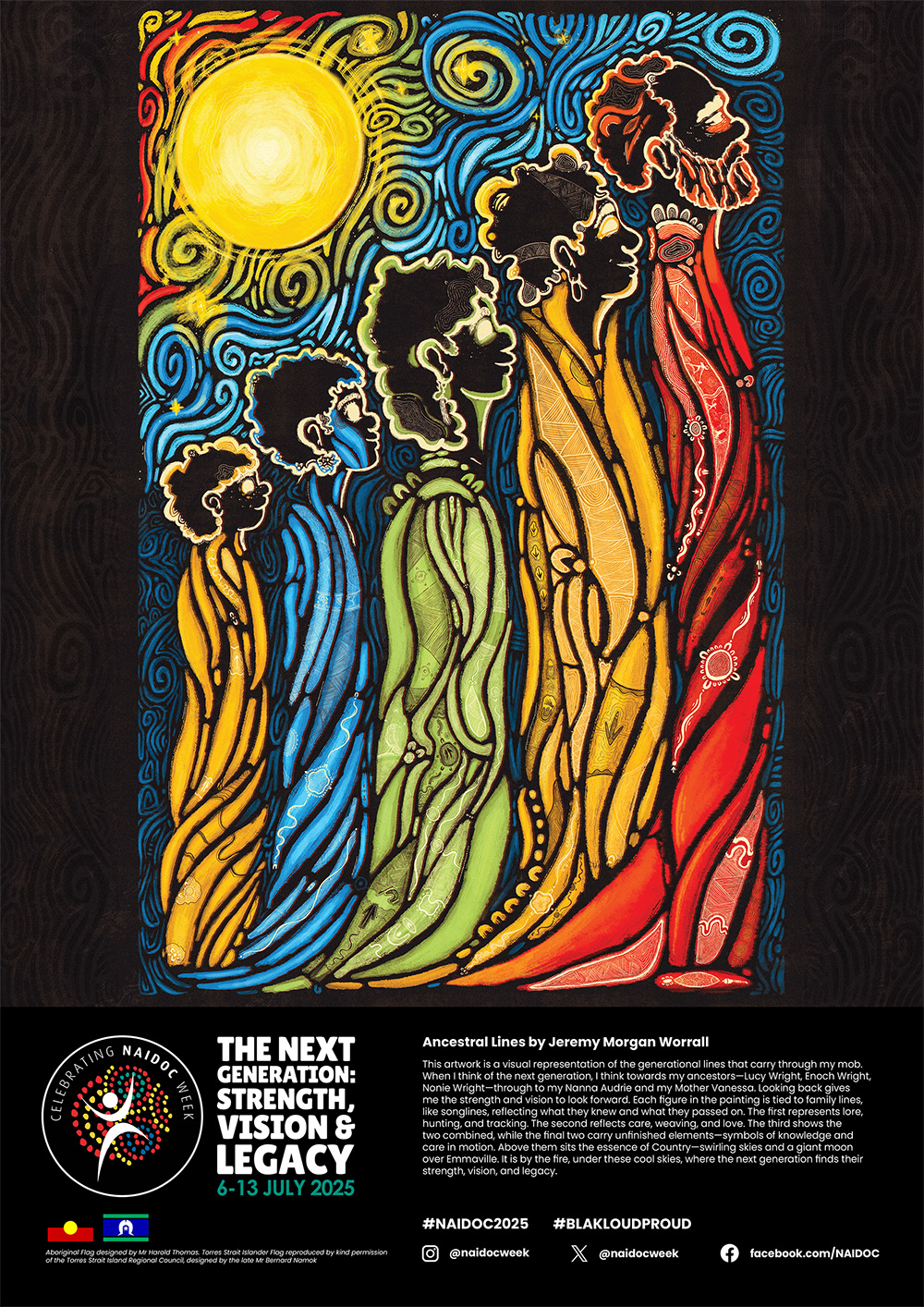Australia’s Indigenous business economy is a rapidly growing and vital sector, demonstrating significant entrepreneurial spirit and contributing substantially to the nation’s prosperity. As of 2021, over 17,900 Aboriginal and Torres Strait Islander people managed their own businesses, with some estimates placing the total number of Indigenous businesses at over 16,000, generating more than $10 billion in annual revenue. These businesses are also powerful drivers of Indigenous employment and self-determination.
A key policy supporting this growth is the Indigenous Procurement Policy (IPP), introduced in 2015. Since its inception, the IPP has generated over $9.5 billion in contracting opportunities for Indigenous businesses, with more than 64,000 contracts awarded to over 3,900 Indigenous businesses. In the 2022-23 financial year alone, over 1,400 Indigenous businesses secured more than 12,000 contracts valued at over $1.4 billion, exceeding government targets.
Beyond conventional economic metrics, a deeper understanding of the “Indigenous circular economy” is emerging. This concept is rooted in thousands of years of Indigenous knowledge systems, prioritizing regeneration, reciprocity, and an interdependent relationship between humans and nature. Unlike the Western linear “take-make-waste” model, Indigenous circularity focuses on collective well-being, sustainable resource management, and intergenerational responsibility. It’s about designing out waste, keeping materials in use, and regenerating natural systems, often through practices like regenerative agriculture, careful land and water management, and community-led initiatives.
Despite the significant benefits reaped by larger Indigenous businesses from policies like the IPP, there’s a critical need for more robust internal support within the Indigenous business ecosystem. Smaller Indigenous businesses often face unique challenges, including limited access to finance, business networks, and culturally relevant mentorship. Many struggle to meet traditional lending criteria due to a lack of generational wealth or conventional collateral. While government initiatives like Indigenous Business Australia (IBA) and Supply Nation aim to bridge these gaps, the full potential of the Indigenous circular economy can only be realised through stronger collaboration and reciprocal support among Indigenous enterprises themselves.
Currently, the flow of support from larger, more established Indigenous businesses to emerging ones is not as robust as it could be. This creates a missed opportunity to foster a truly self-sustaining and interconnected Indigenous business sector that embodies the principles of the circular economy. Greater mentorship, subcontracting opportunities, shared resources, and investment from successful Indigenous businesses into smaller, community-focused ventures would not only accelerate their growth but also reinforce the cultural values of sharing and collective prosperity that underpin the Indigenous circular economy. By actively nurturing this internal ecosystem, the Indigenous business sector can achieve even greater economic empowerment and contribute more profoundly to a sustainable future for all Australians.
Discover the world of Digital Marketing with our Introduction to Digital Marketing Training Video

-
$79.00






